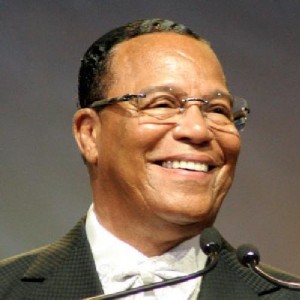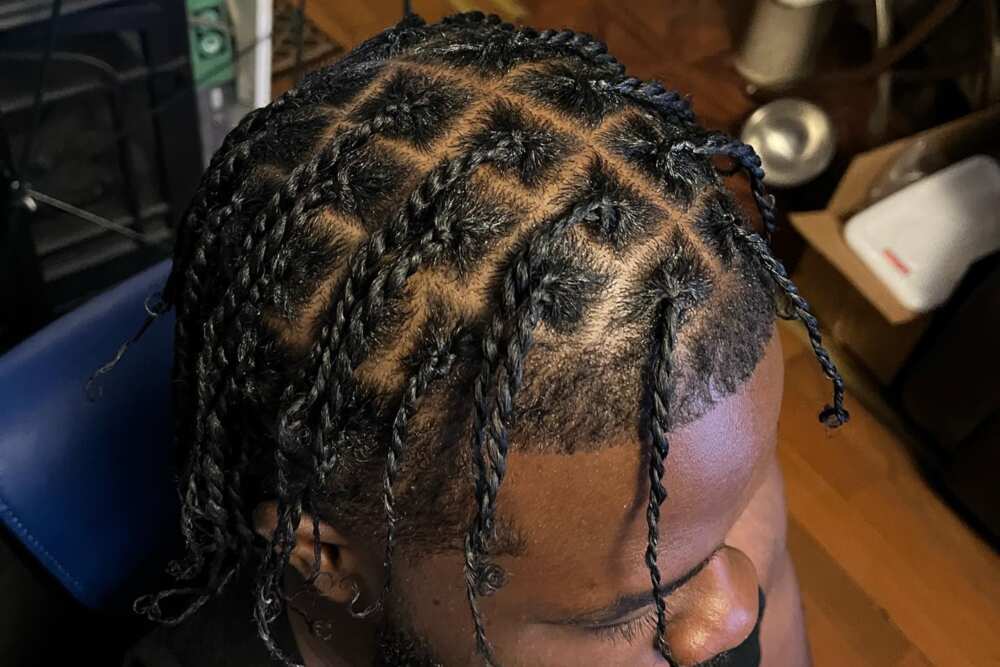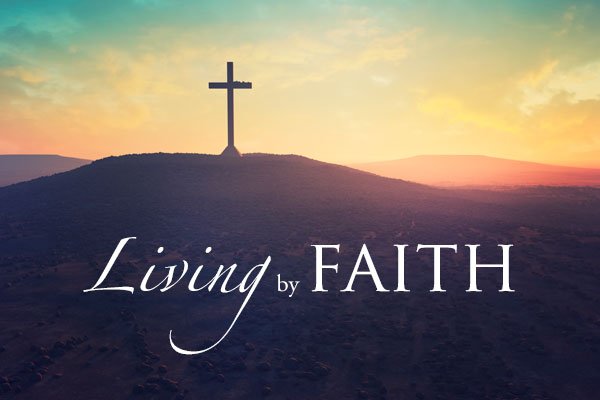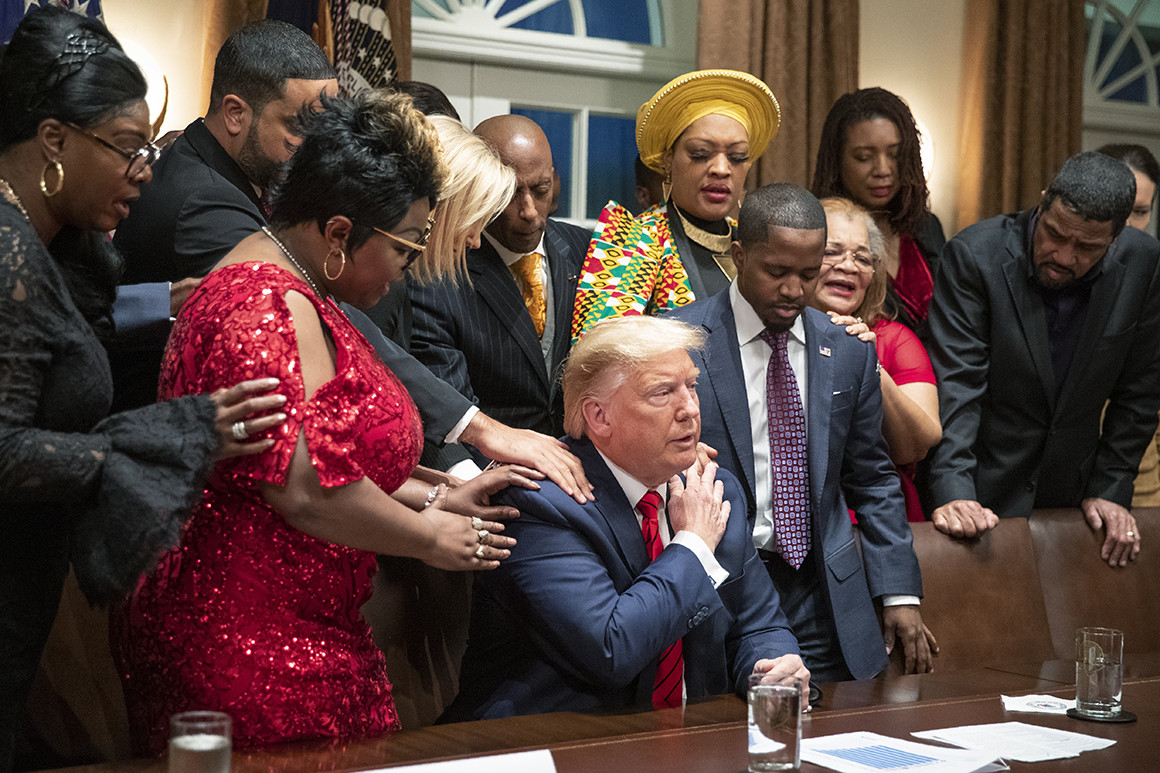(ThyBlackMan.com) My friend Chuck Creekmur runs Allhiphop.com, one of the leading hip-hop news websites in the country. I love remaining connected to the site because I truly believe that if we are to critique hip-hop music, we should be able to understand and appreciate it. It is the lack of attention paid to the subtleties of the music that can often cause people to throw the baby out with the bathwater.
One example is a debate that took place in England in 2012, where a seemingly simple premise was laid on the table for evaluation. The premise was the following: Hip-hop doesn’t enhance society, it degrades it.
I loved the people in the debate, but I absolutely hated the question. To ask whether hip-hop degrades society is like asking if fire burns children. Of course it does, but that doesn’t mean fire is always a bad thing or that fire should be banned altogether.
To assess a force as powerful as hip-hop, you must show respect to the complexity and power of the genre, and not try to lump every artist into one category. It’s like the difference between police addressing crime in the black community vs locking up every black man who looks suspicious. Part of the logical resentment of hip-hop artists toward those who challenge the music is driven by the fact that many of its greatest critics don’t take the time to understand it. That’s why people like Chuck D, Dee-1, Vigalantee and others are so important to the debate.
The enemy to hip-hop is not the genre itself. The real problem is the bastardization of hip-hop that has been taken over by major corporations and morphed into a tool of self-destruction for young black teenagers. I received an email the other day from a Chicago artist who was deeply frustrated by the fact that there is a great deal of diversity in the underground hip-hop scene of Chicago, yet violent coonery is always being chosen for promotion by major corporations.
frustrated by the fact that there is a great deal of diversity in the underground hip-hop scene of Chicago, yet violent coonery is always being chosen for promotion by major corporations.
When you see this happening, you have to ask yourself, “Why do companies choose to promote violent, ignorant music with weak lyrical content, instead of brilliant artists like Immortal Technique, who has millions of fans with no major distribution?”
You might also ask, “Who’s pulling the strings on this puppet? Is it the artist himself/herself or the label?”
In fact, the recent minstrel show performance by the rapper Bobby Shmurda in front of the (mostly white) staff at Epic records might be considered an epic example of exactly how black men have become entangled in the lyrical noose of corporations that love to promote the very worst of us and shun the very best of us. A black man won’t get much attention from mainstream media by being an intelligent, thoughtful and law-abiding citizen. He is typically going to be rewarded for behaving like a stereotype.
According to Allhiphop.com, Min Louis Farrakhan may be taking on record labels as well. I have yet to confirm this with the minister myself, and I’ll do that as soon as I can. However, I thought that I might think out loud about the gravity of Farrakhan’s presence in this conversation and how meaningful it would be to so many people.
Farrakhan is one of the few strong black men left in the American public eye. He’s not weighed down by an addiction to white-owned media outlets or institutions, he makes his own money and he operates with a kind of political sovereignty that doesn’t exist for most black public figures. He’s not trying to get a TV show, teach at a university or get a corporation to sponsor him. As a result, Min. Louis Farrakhan is allowed to express his manhood in ways that many famous black men cannot. This is very important for the black community, because nearly every famous black person in America has heavily depended on whites to give him his/her power and wealth (stop and think for a second: How many famous black people do you know who don’t work for white people or depend on them to get their money/power? How does this affect their incentives?)
Min. Louis Farrakhan has also shown, through a very consistent commitment to people of color, a love for young black people that helps him to escape the standard “Uncle Tom” criticism that might be thrust onto someone who challenges the problems of hip-hop music. When you show love for black people, you’re also allowed to criticize them. This is why Min. Louis Farrakhan and Stephen A. Smith can say the same thing, but the words would have an entirely different interpretation. You shouldn’t be challenging black people if you aren’t willing to confront white people too. Most black people on TV are afraid to criticize white people.
All Hip Hop mentions Atlantic Records as one of the primary culprits in all of this and I agree. There are also other record labels that seek to harm young black people by promoting destructive messages. There are the media outlets that labels partner with to dumb down the public with unproductive, harmful messages.
Shortly after the Million Man March many years ago, there was a consistent effort by the Clinton Administration to shut down local urban radio stations and allow them to be replaced by conglomerates like Clear Channel who only mass produce the same messages to every city in America. As a result, black people aren’t going to get relevant, thoughtful commentary on their airwaves…..they will instead get “The Breakfast Club” out of New York or the same 20 songs being replayed in every city in the country. This has set our people back about 60 years.
If you want just one of many, many, many examples of all that’s going wrong with hip-hop, consider this verse from the song 3-Peat by the rapper Lil Wayne:
I might go crazy on these n*ggas I dont give a motherf*ck Run up in the n*gga house and shoot his grandmother up, what! What? I dont give a motherf*ck get cha baby kidnapped And ya baby motherf*cked
I don’t know about anyone else reading this, but I am personally sickened with the idea of black males being mass marketed as brutal monsters who might come into your house and kill your grandmother or your child. We cannot disconnect the determined marketing of black men as thugs from the fact that police often fear black men when they encounter them on the street. If you’re brainwashed into telling the world that you’re some kind of a wild animal, then don’t be surprised when people treat you like one. We have to tell a different story.
Here’s another interesting point that Dr. Leah Gunning-Francis brought up to me the other day. She mentioned that if a record label were to release a song featuring a rapper who loved murdering dogs, the song would not be allowed on the air. But if that same artist were to release a song about how he loves to “shoot and murder n*ggaz,” that song might win a Grammy.
So, I ask you: At what point are we going to realize that these record labels value the lives of black men less than dogs?
Maybe it’s time to wake up and smell the genocide. There is a consistent war against black people, and much of it is based on propaganda.
Staff Writer; Dr. Boyce Watkins
Dr. Boyce Watkins is the founder of the Your Black World Coalition. For more information, please visit http://BoyceWatkins.com.




















After taking on the record companies, I wonder if he’ll take on the gangs and violence in Chicago?
IT’S not unreasonable for a people to come to the defense of their children in fact we’re obligated to do so , this fight we’re facing with these JEWISH owned record labels is not new, we were warned years ago that a monster was being created if we didn’t stop it when it started.
MOST people don’t remember or know of a sister named C.DELORES TUCKER but she was the first one who stood up against this trash and she had to fight her own people even more than the JEWS.
SOME of us have insight and are able to see things others don’t , but we’re paying a serious price for not listening to her and although she has since passed we should offer her our apologies and also she left us a record of her fight , many news articles and interviews of her confronting the record labels.
TAKE a look at the video below and see what our dear sister tried to tell us!
http://www.youtube.com/watch?v=HRhcuHQqUAM
You are one of the biggest perpetrators of propaganda. Those who live in glass houses should NEVER throw stones. Hypocritical.
Cheers for hitting every possible nail on the head! I equate the kind of people who make this garbage as being the same as the slaves who would run and tell the master that some of the other slaves had escaped. They’re the lowest of the low. Thank you for articulating such a spot-on critique.